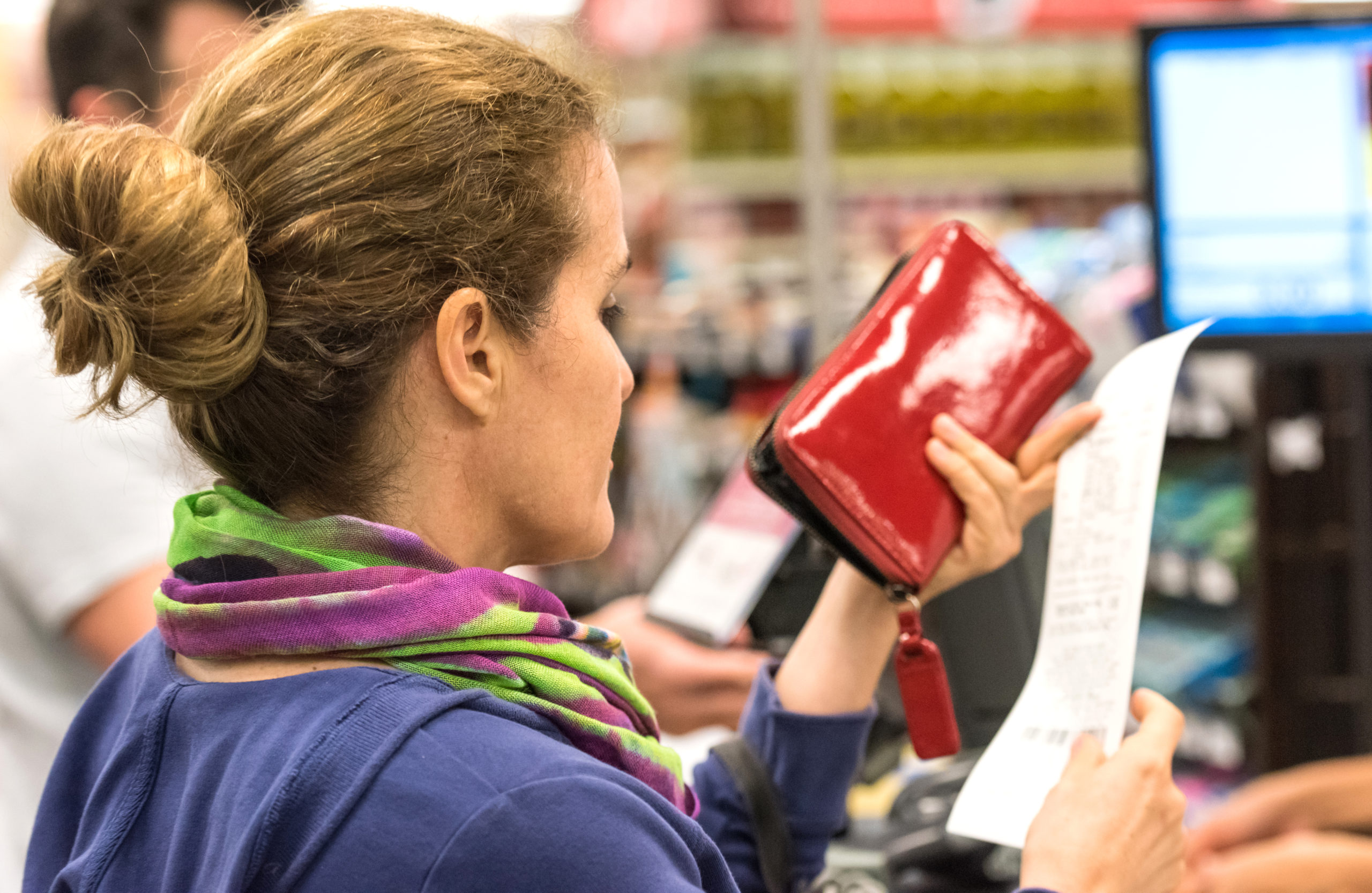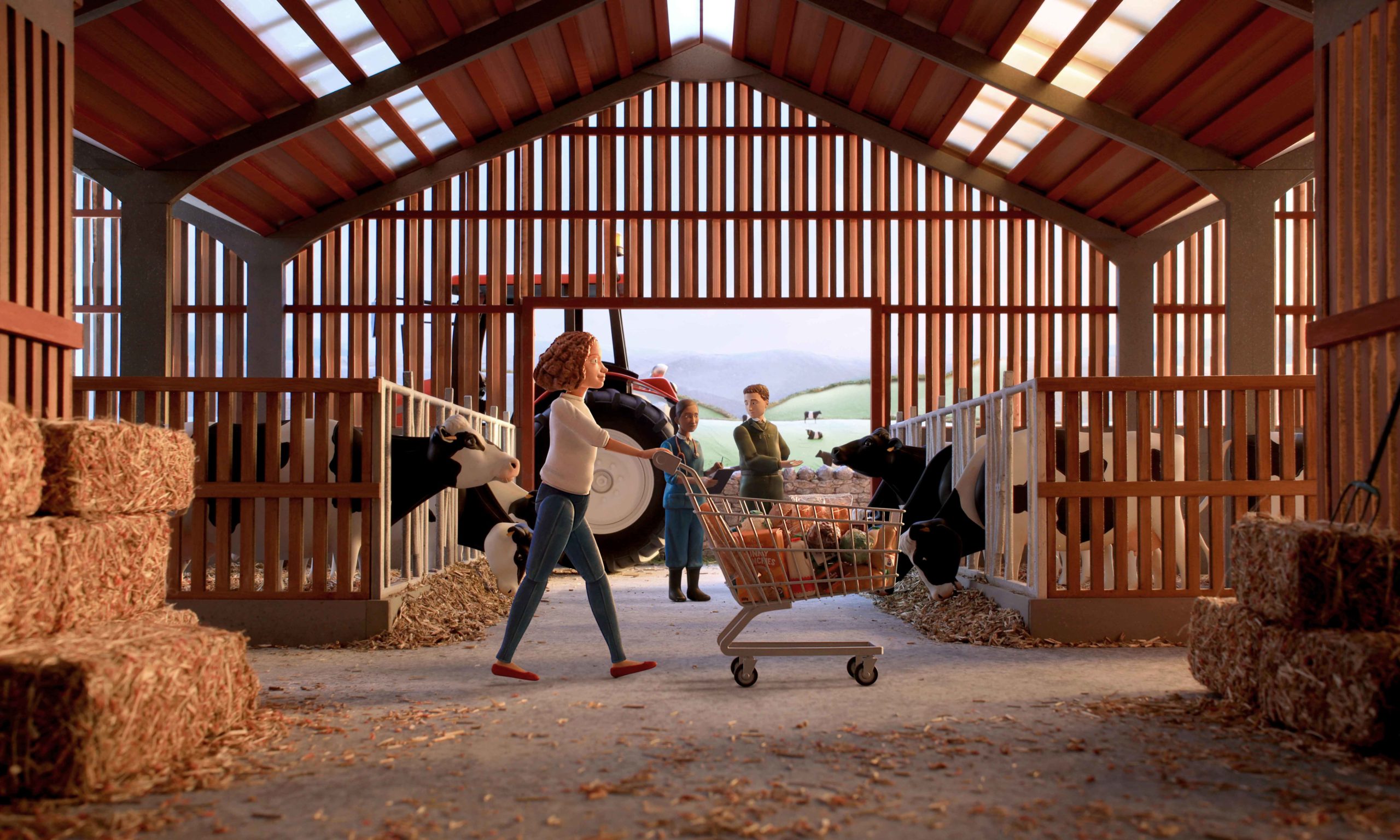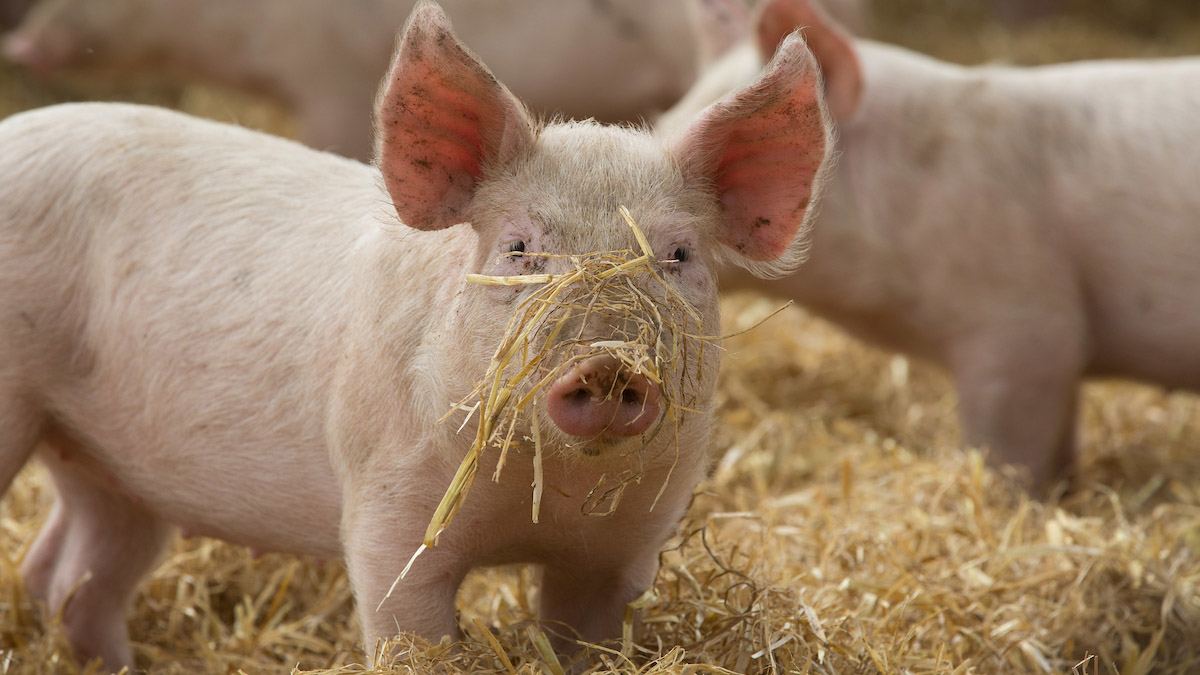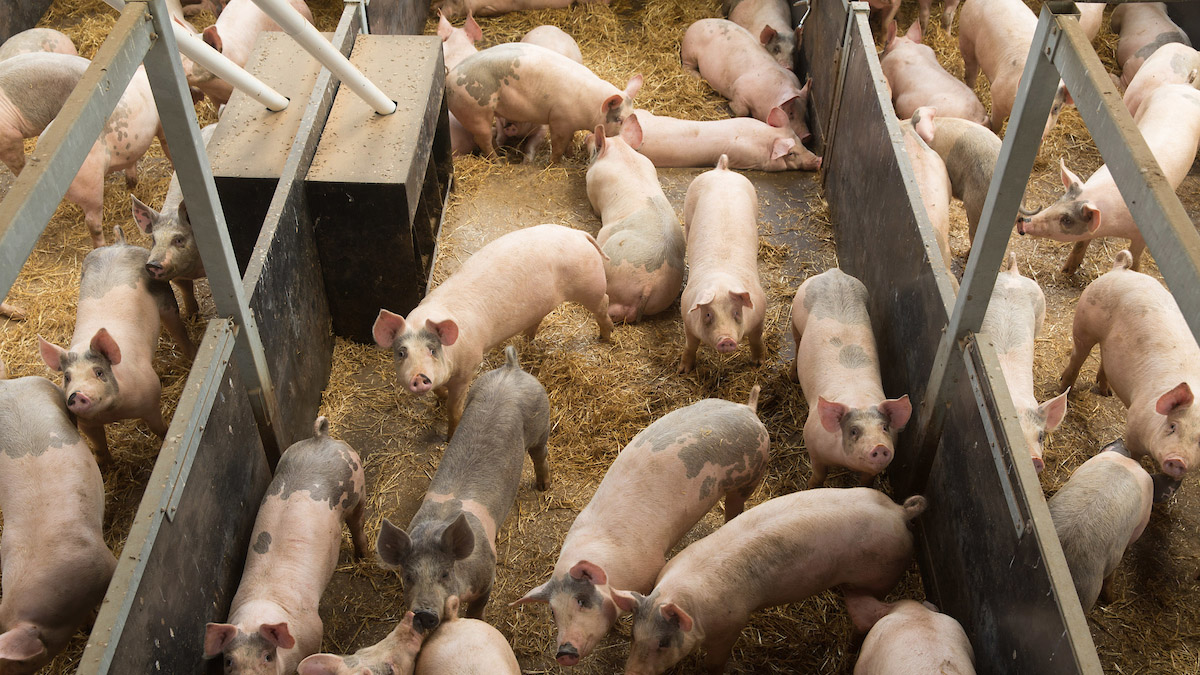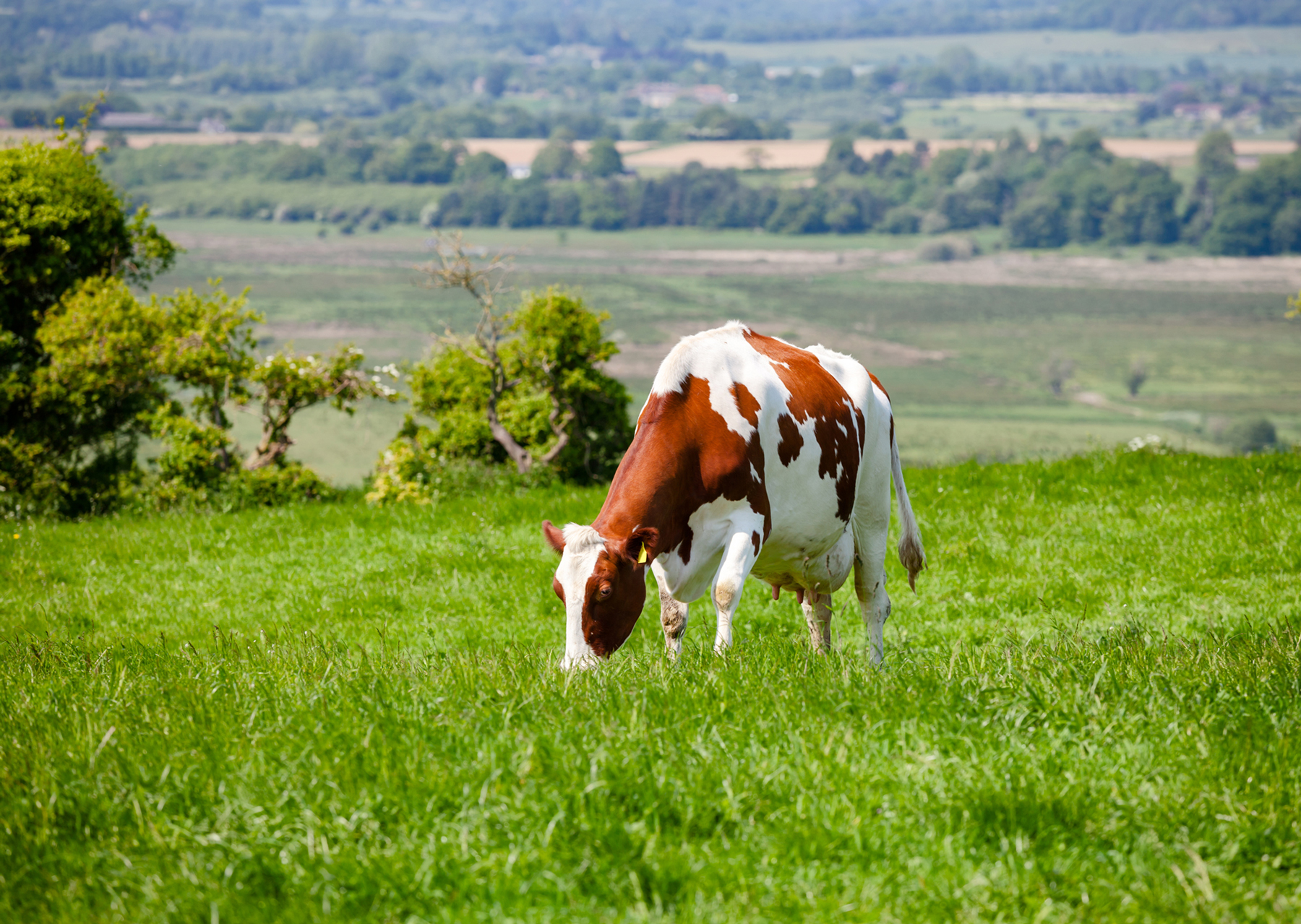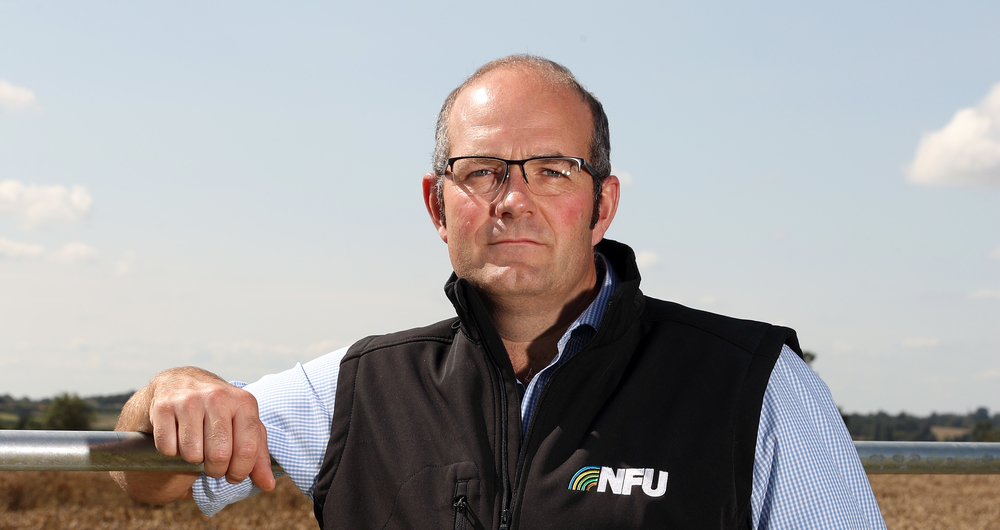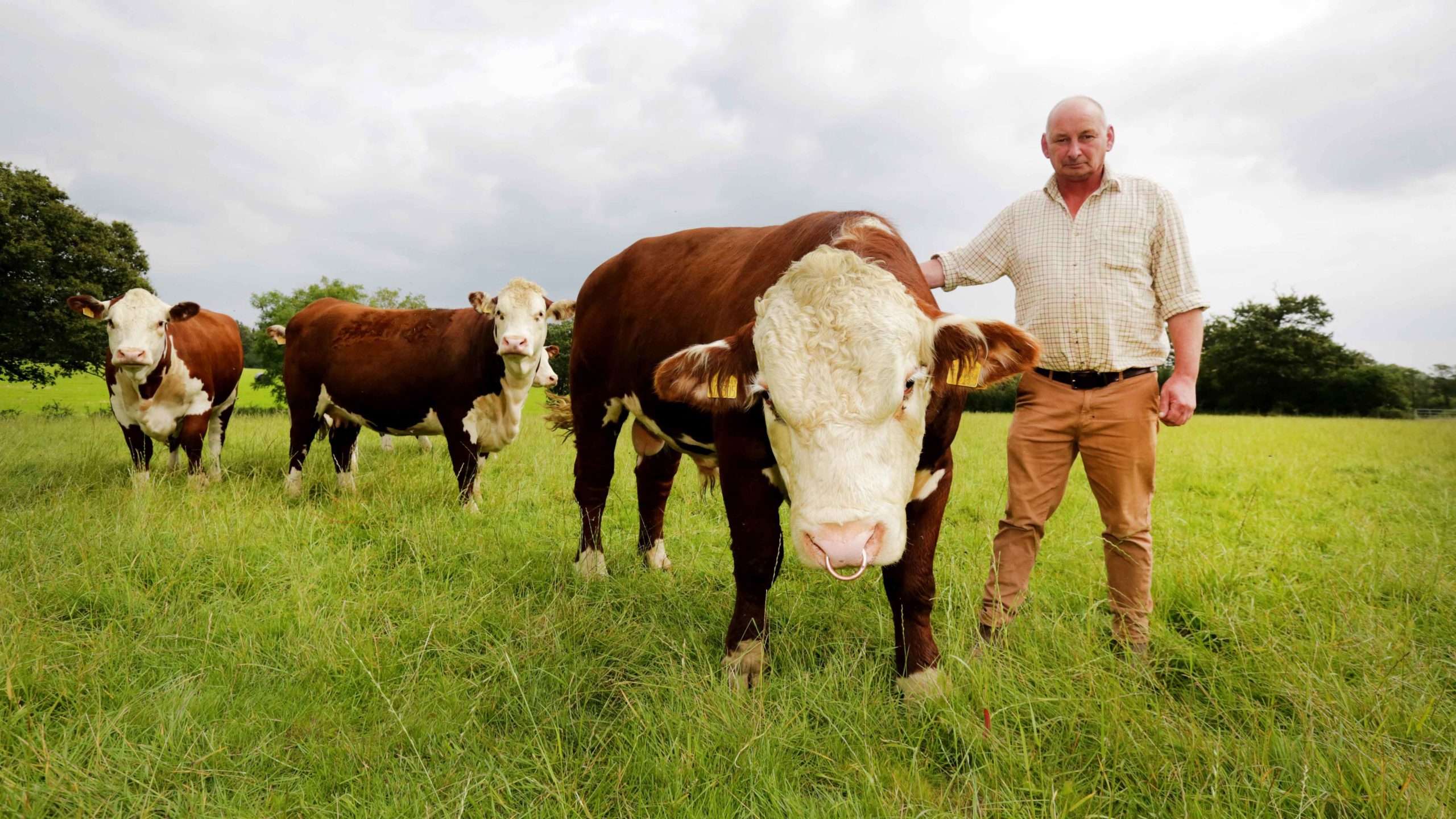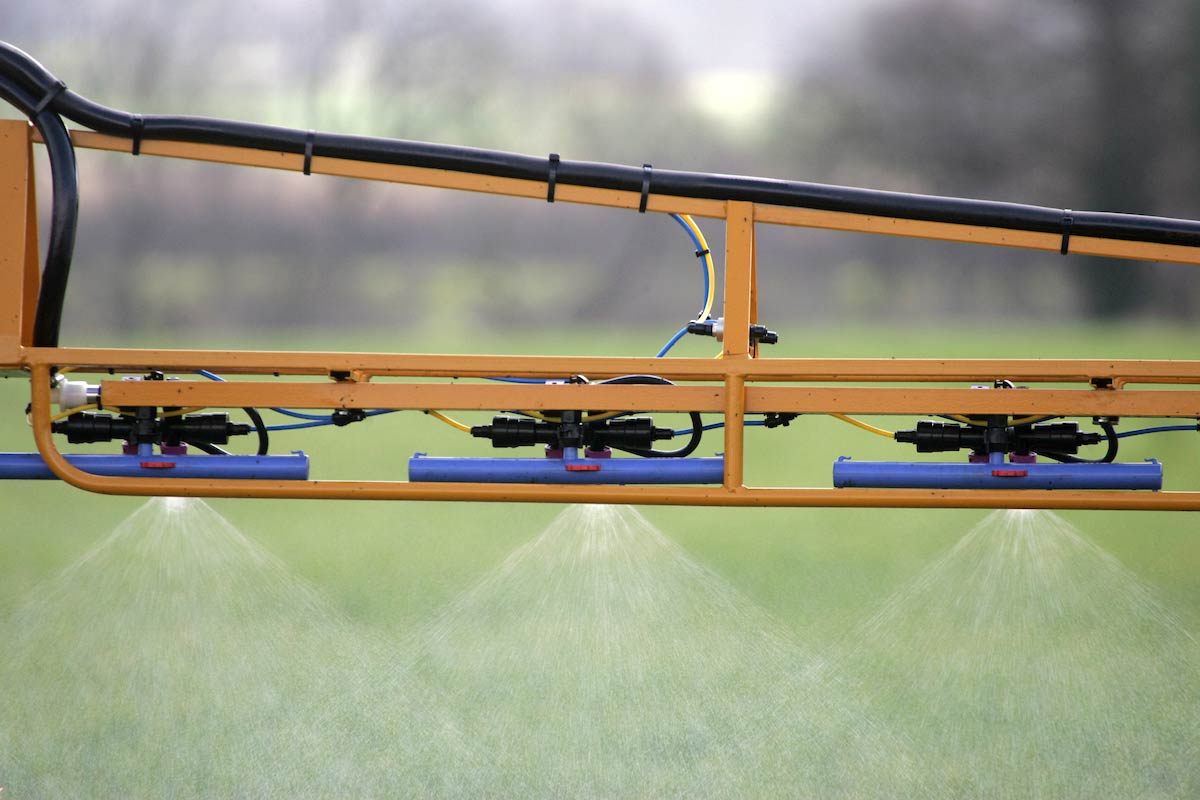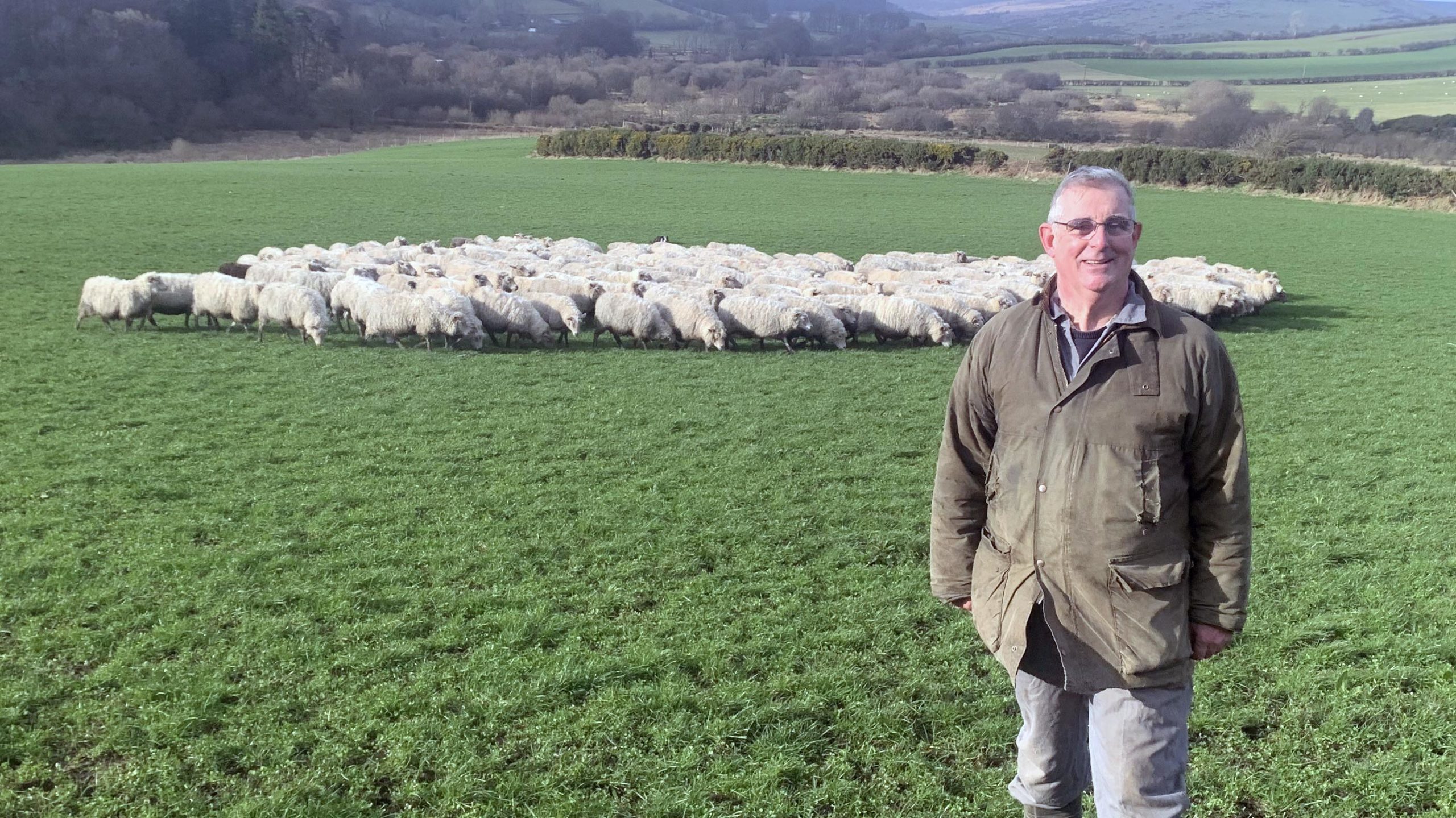“HAVING CONFIDENCE IN THE FOOD THAT WE BUY AND ENJOY IS ESSENTIAL TO THE HEALTH AND WELLBEING OF OUR NATION”
Rebecca Miller, Head of Communications, Red Tractor

Food is at the centre of some of the fiercest public debates – from what we eat and what makes a healthy diet, to how it is produced, and information on packaging. Having confidence in the food that we buy and enjoy is essential to the health and wellbeing of our nation.
In the 1990’s the nation was rocked by food scares like Salmonella and BSE. During this time trust in food, and in particular UK-produced food plunged to an all-time low.
It was for this reason, in 2000 Red Tractor was created as a food chain scheme to rebuild the public’s trust in British food. The Trust in Food Index provides a unique perspective on the important question – Does the British public trust the food that it eats?
In 2021 we found high levels of trust in British food (84% of UK consumers). In 2022, while confidence in British food remains high and is still more trusted than anywhere else in the world, it has fallen significantly; especially amongst lower-income families.
Global events and the cost-of-living crisis, has had an impact on confidence in most UK’s institutions, including food. Shopping and eating habits are changing. Almost half of people have changed what they buy to feed their families, and people in lower income households are buying less meat, fruit and vegetables. This is a worrying trend for the health of the nation, but also a real challenge for the food sector, as shoppers believe that as circumstances force them to trade down to value ranges or away from brands, they are buying food produced to lower food safety and animal welfare standards.
In fact, if they look for British food, they will find that most value ranges are sourced to the similar animal welfare, traceability, and safety standards to equivalent premium products.
There is work to do as an industry to tackle this misconception.
Most people cite the UK’s robust system of high standards and regulation as their number one reason to trust British food. Assurance schemes and labelling continue to play a major role in ensuring consumer confidence, as the majority of shoppers look to food marques and assurance schemes to ensure food is safe and sourced to high standards.
British Lion, Red Tractor and Fair-Trade marques are the most recognised among consumers, but it’s important to be aware that only British Lion and Red Tractor ensure that produce is British.
The UK food industry has worked hard over the past two decades to ensure that the food scandals of the 1990’s won’t happen again, but there is now also an additional challenge to tackle. Government, food retailers, manufacturers, producers and assurance schemes need to work together to reassure shoppers that when you purchase assured British food, you never have to compromise its safety because of your budget.
CLICK HERE to read more about the 2022 Trust in Food Index

